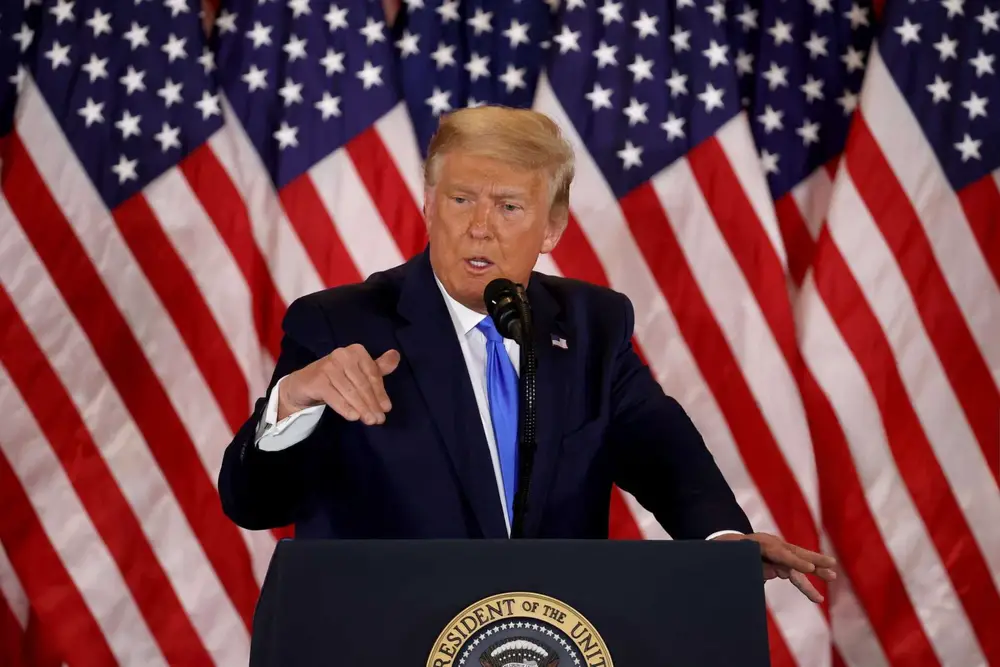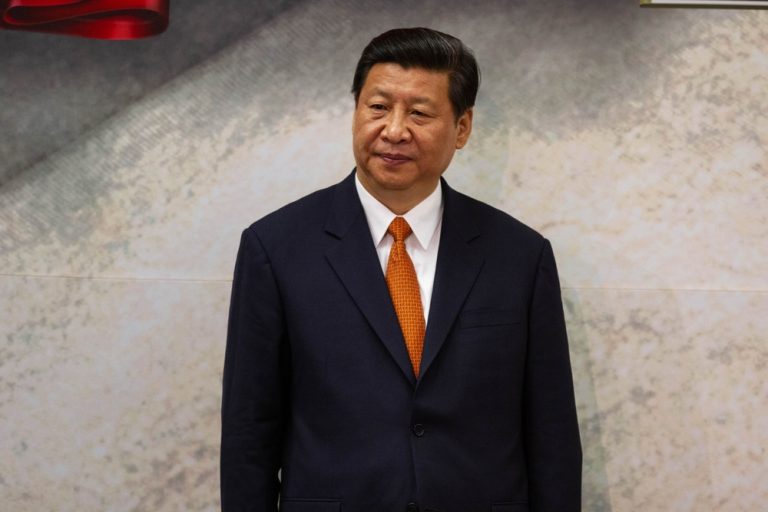China has responded forcefully to Donald Trump’s newly imposed tariffs, announcing countermeasures just minutes after they took effect. The Chinese Finance Ministry has confirmed a 15% tariff on U.S. coal and liquefied natural gas and a 10% levy on crude oil, farming equipment, and some cars, set to begin on February 10.
In addition to the trade penalties, China has launched an antitrust investigation into Google, accusing the tech giant of violating the country’s Anti-Monopoly Law. The Chinese Commerce Ministry also imposed export controls on key industrial minerals, including tellurium, molybdenum, tungsten, and ruthenium, citing national security concerns.

Trump justified his tariffs by claiming that China has failed to stop fentanyl production and money laundering by criminal organizations. The White House defended the move, calling it a necessary step in response to intellectual property theft and unfair trade practices. Trump has also linked the tariffs to his broader crackdown on illegal immigration and drug smuggling, calling these issues a “national emergency.”
With the trade war now officially underway, economic experts warn that escalating tensions between the U.S. and China could have severe global financial consequences. Markets are already reacting, with investors bracing for potential disruptions to energy and technology supply chains.




